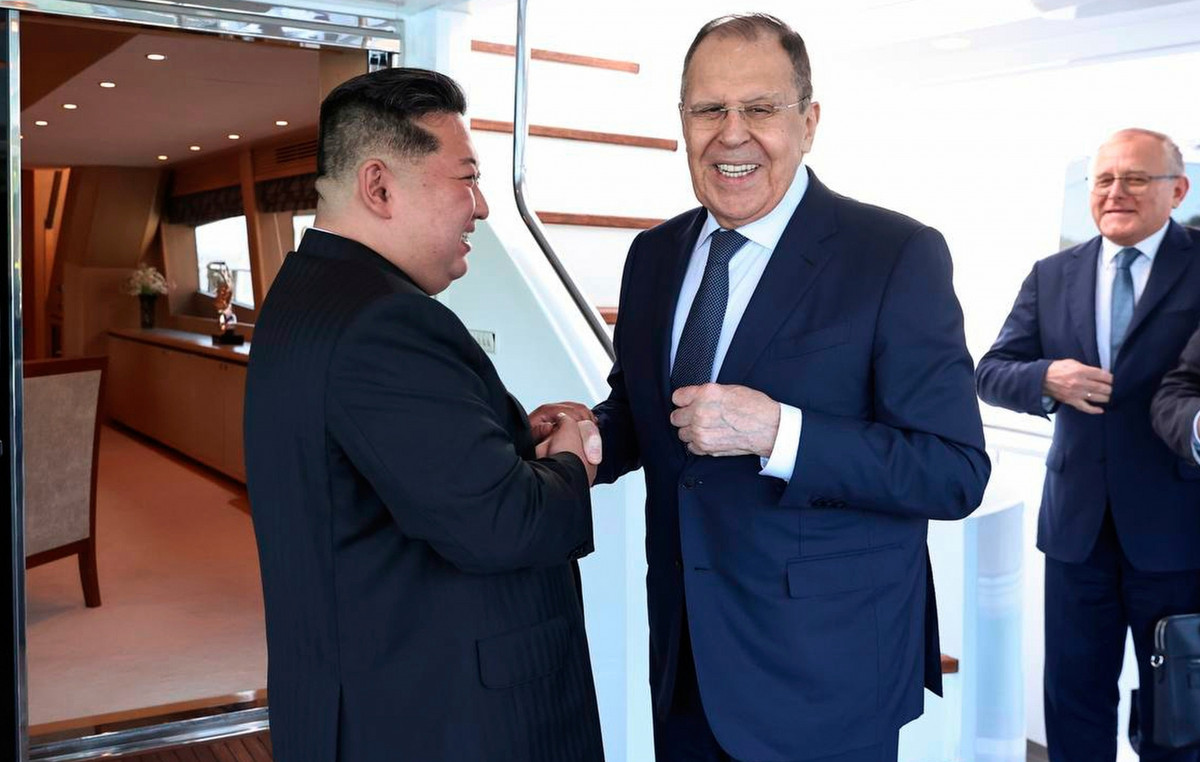While the shortages water are deteriorating, its General Secretary UNAntonio Guterres, sent a message that humanity is in danger and how it “must change course” in the way this “precious public good” is managed, at the close of a conference on the subject.
Essential for health, sanitation, peace, development, tackling poverty and food insecurity or simply for drinking, water “is a most valuable public good” and “must be at the center of the global political agenda”, underlined the Antonio Guterres.
“All humanity’s hopes for the future depend, in some way, on a science-based change in attitude to give life to the Water Action Plan” which was set based on the commitments made during this conference, he added, calling for “game-changing” efforts to ensure that everyone on the planet has water.
The world is not on track to meet its 2030 water targets, particularly in terms of access to drinking water and sanitation for all.
“Now is the time to act”emphasized Guterres, who on Wednesday criticized humanity’s “vampiric overconsumption” of water and the climate crisis it has caused.
From building toilets to restoring 300,000 kilometers of rivers, the “programme of action” drawn up during the conference included nearly 700 commitments from non-governmental organizations, governments or the private sector. The three-day conference, held for the first time since 1977, was attended by about 10,000 people.
But “about a third (of pledges) can have a meaningful impact,” while concrete funding has been announced for less than a third, noted Charles Island of the World Resources Institute.
But it is “a good start”, he commented, referring to Germany’s plan to manage the Niger River basin in nine countries through which it flows.
In a bid to boost efforts, conference participants proposed appointing a UN special envoy for water, which Guterres said he would consider.
In 2020, 2 billion people lacked access to safe, potable water and 3.6 billion lacked access to sanitation services, with 494 million forced to defecate in the open, according to the most recent figures from the UN-Water Platform.
At least two billion people drink water contaminated with feces and 2.3 billion lack access to basic sanitation services. Conditions favoring the spread of deadly diseases, cholera and dysentery.
At a time when drought is increasing due to climate change, UN climate experts (Giec) estimate that “about half the world’s population” experiences “severe” water shortages at least at times of the year.
Source: News Beast
With 6 years of experience, I bring to the table captivating and informative writing in the world news category. My expertise covers a range of industries, including tourism, technology, forex and stocks. From brief social media posts to in-depth articles, I am dedicated to creating compelling content for various platforms.







